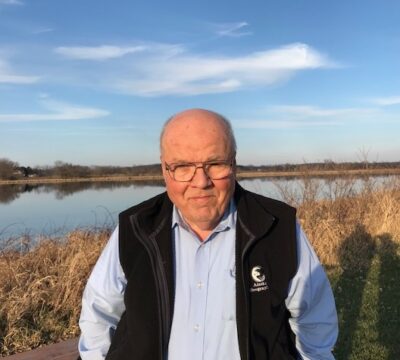
Educational reports on Wisconsin’s climate and historic weather from Assistant State Climatologist, Dr. Edward Hopkins (aka Dr. Data)!
Ed has deep ties to weather and climate education and research in Wisconsin, having taught meteorology courses at the University of Wisconsin—Madison and contributing to the State Climatology Office for over 20 years. He co-authored Wisconsin’s Weather and Climate with Professor Joseph M. Moran of the University of Wisconsin-Green Bay.
Ed’s professional interest is in Wisconsin’s climate, climatic change, and science education.
His nickname, Dr. Data, comes from his encyclopedic knowledge of historical weather and climate events over the last 200 years.
Do you have a niche question about Wisconsin weather? More often than not, Dr. Data will have your answer!

Wisconsin’s Most Extreme Cold
Since 1885, a handful of stations in the state have reported temperatures of -50 degrees, but only three have seen temperatures of -53 degrees or colder.
February 16, 2026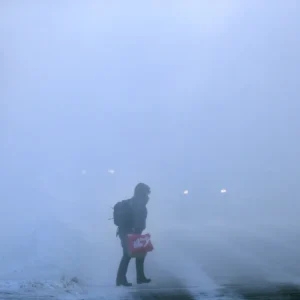
Wisconsin’s Winter (Wind) Chills
Any true Midwesterner knows that when it comes to winter weather, wind makes all the difference.
January 14, 2026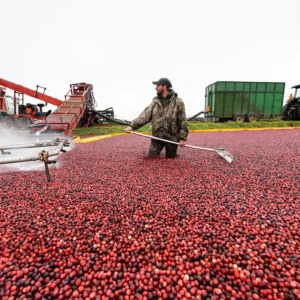
From Bogs to Bushels: Why Wisconsin is the Cranberry Capital
Wisconsin has been the United States' top cranberry producer for over 30 years, and our chilly climate is crucial to a healthy harvest.
December 10, 2025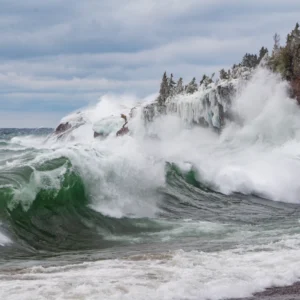
Gales of November
Over the last 110 years, Wisconsin has experienced several memorable, often deadly, early November storms.
November 5, 2025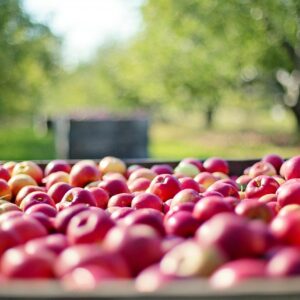
The Apples of Wisconsin’s Eye
Apples are the most widely planted tree fruit in the Badger State, but the success of the harvest is highly weather-dependent.
October 17, 2025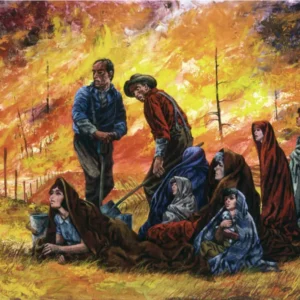
The Peshtigo Fire: America’s Deadliest Wildfire
Wisconsin isn’t usually thought to be in danger of fires, yet the deadliest wildfire in America’s history occurred in northeastern Wisconsin.
October 8, 2025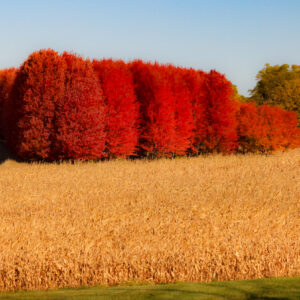
Chasing the Fall Colors
Wisconsin is divided into two ecological zones, creating different shades of fall foliage in each region. The vibrancy and duration of those colorful shades is highly dependent on the weather.
September 24, 2025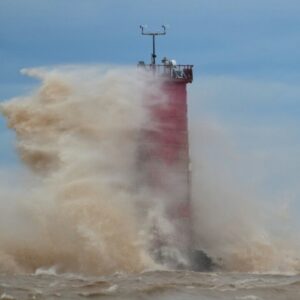
History of Hurricanes in Wisconsin
However improbable it may seem, Wisconsin isn’t completely immune to the impacts of hurricanes and tropical storms.
September 18, 2025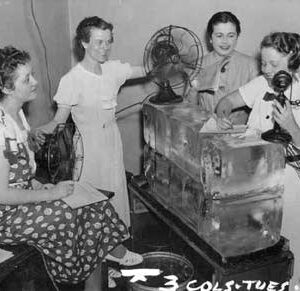
Wisconsin’s Hottest Month: July 1936
Explore the setup that led to, the impacts of, and the innovations resulting from one of Wisconsin’s — and the nation’s — hottest months.
September 10, 2025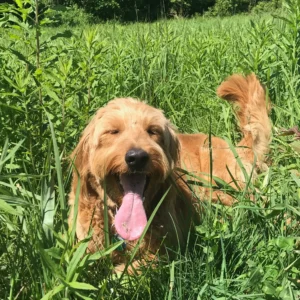
The Dog Days of Summer
The common summertime phrase has deeper roots in history than you may expect: all the way back to ancient Egyptian astrology.
August 12, 2025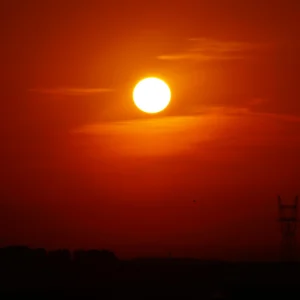
Sizzling Summer Heat in Wisconsin
A full report of the hottest temperatures and heat indices recorded in the state of Wisconsin since the late 1800s.
July 8, 2025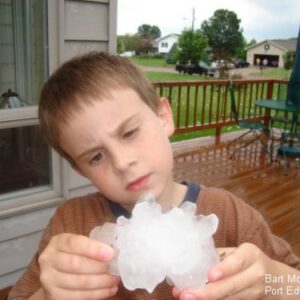
Highlighting Wisconsin’s Hail History
Annual reports over last 70 years show an increase in the occurrence of hail, from less than 30 per year prior the 1980s to near 200 by 2020.
June 13, 2025
Questions or topic ideas can be sent to Ed by email(ejhopkin@wisc.edu) or by phone (608-263-2374).